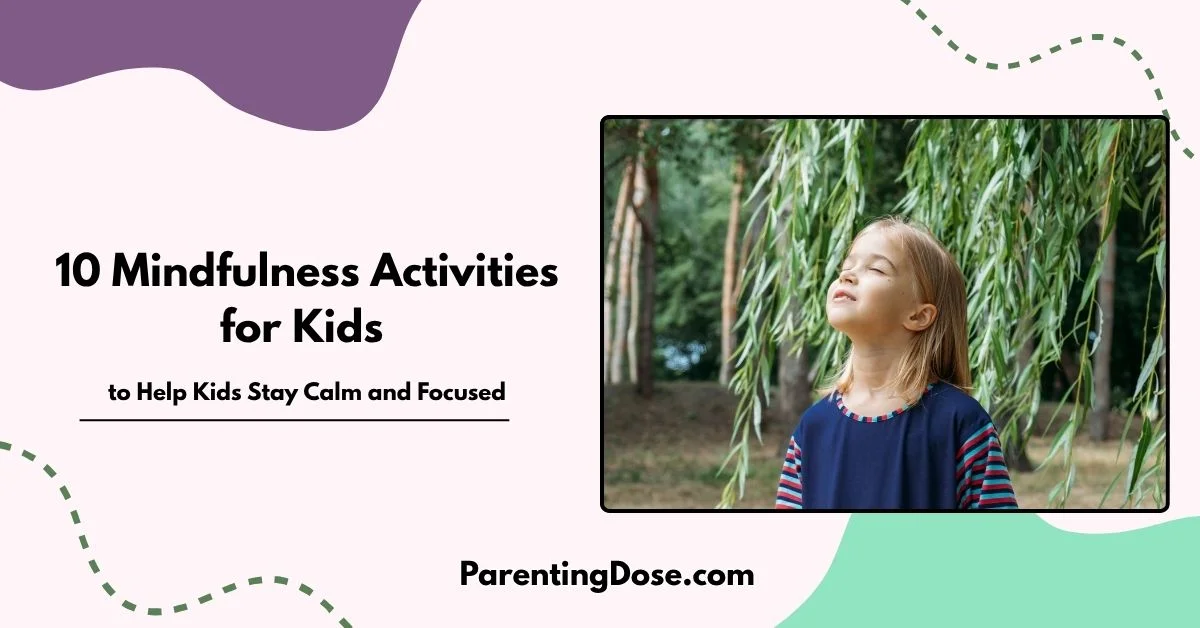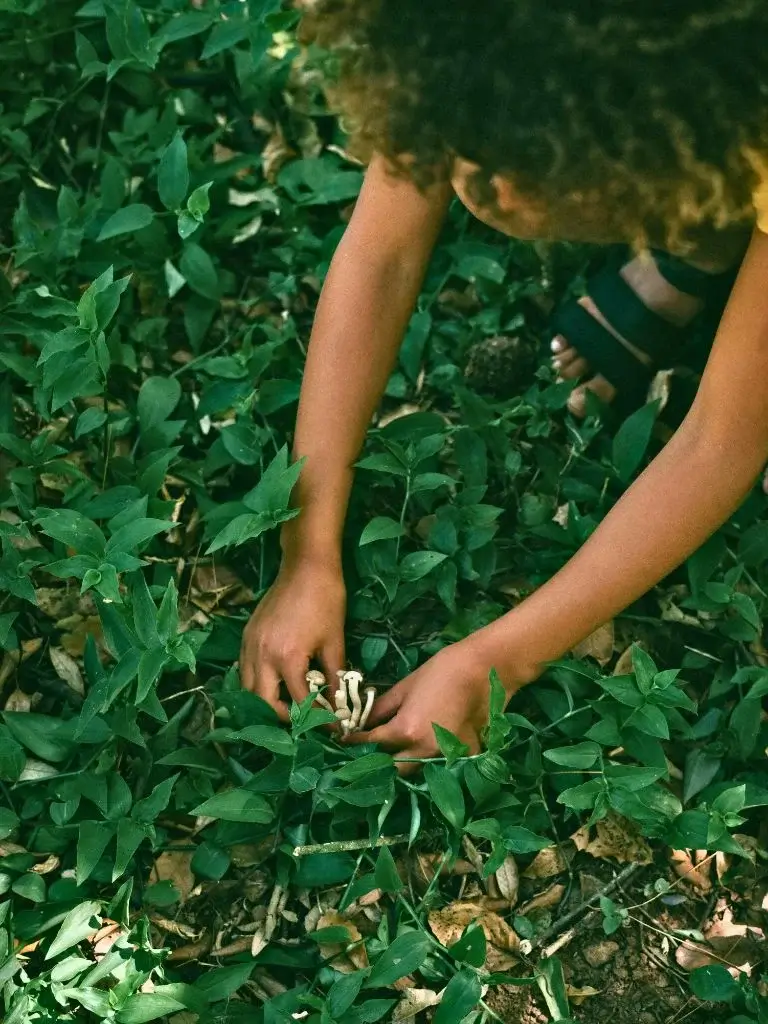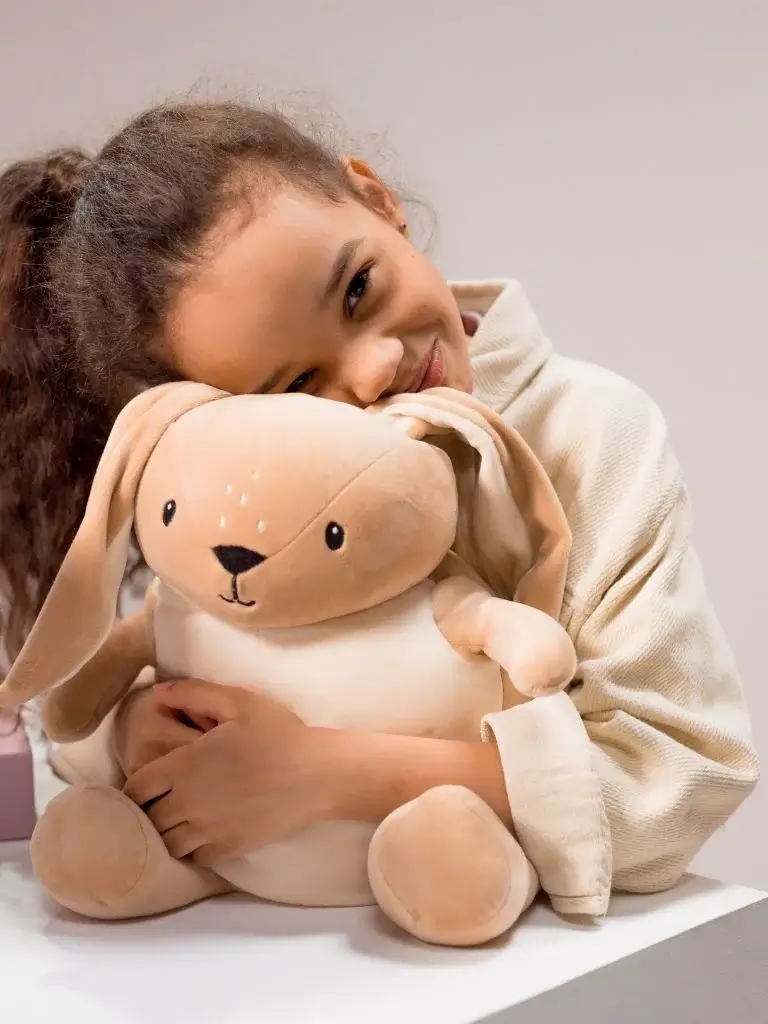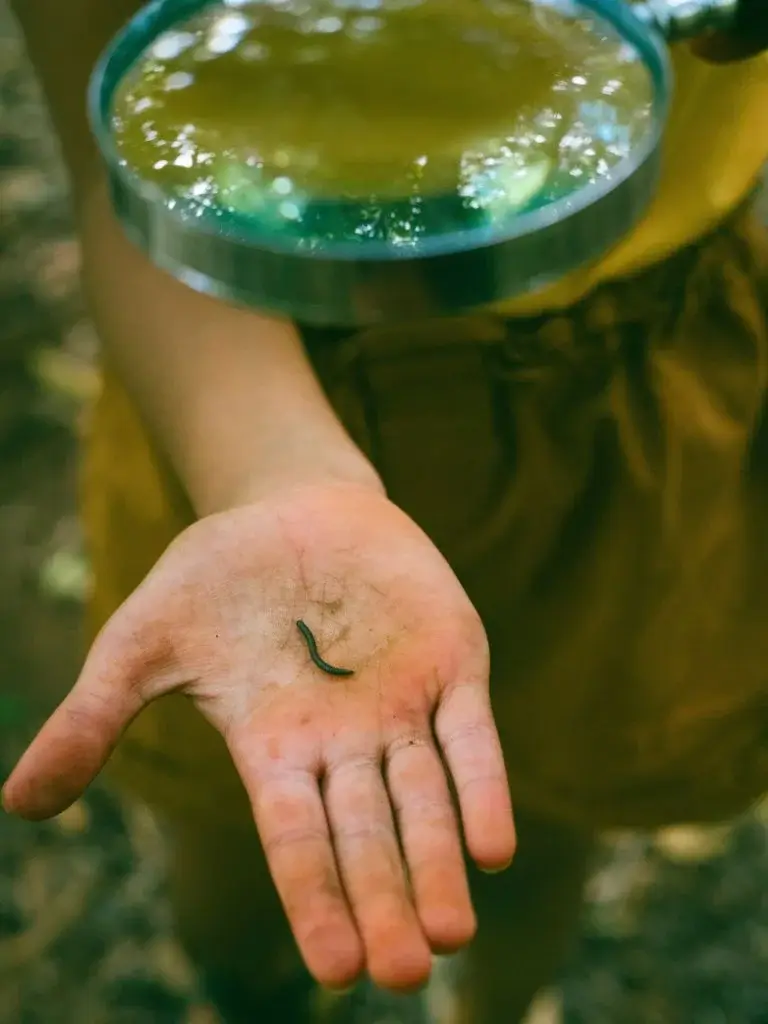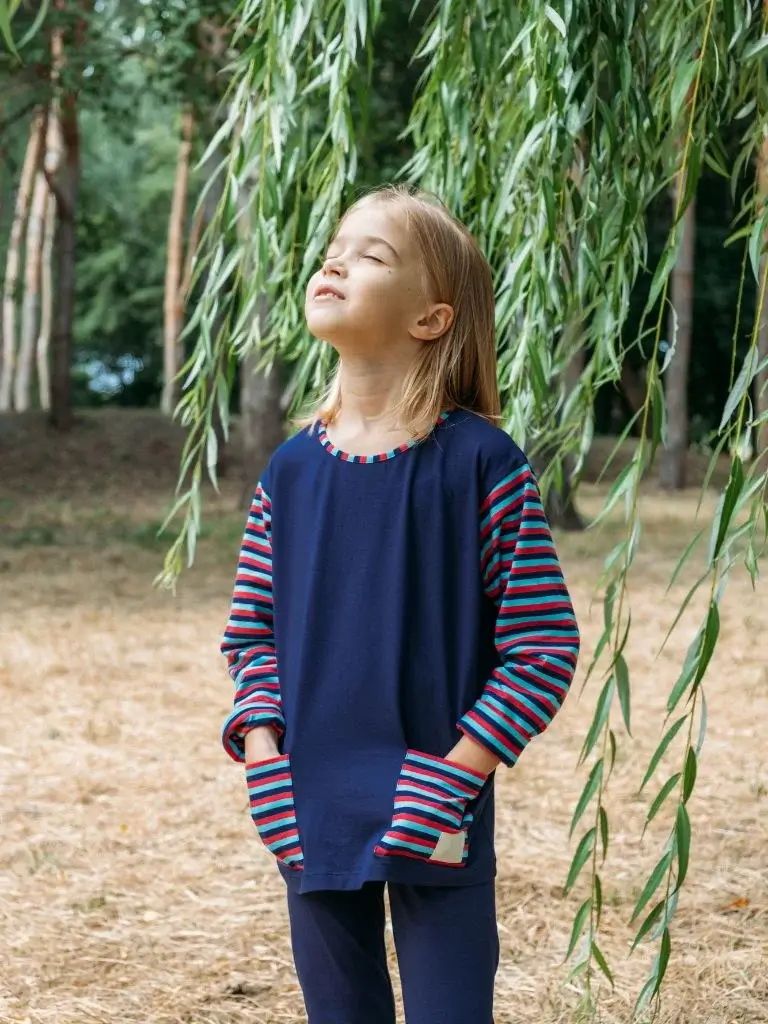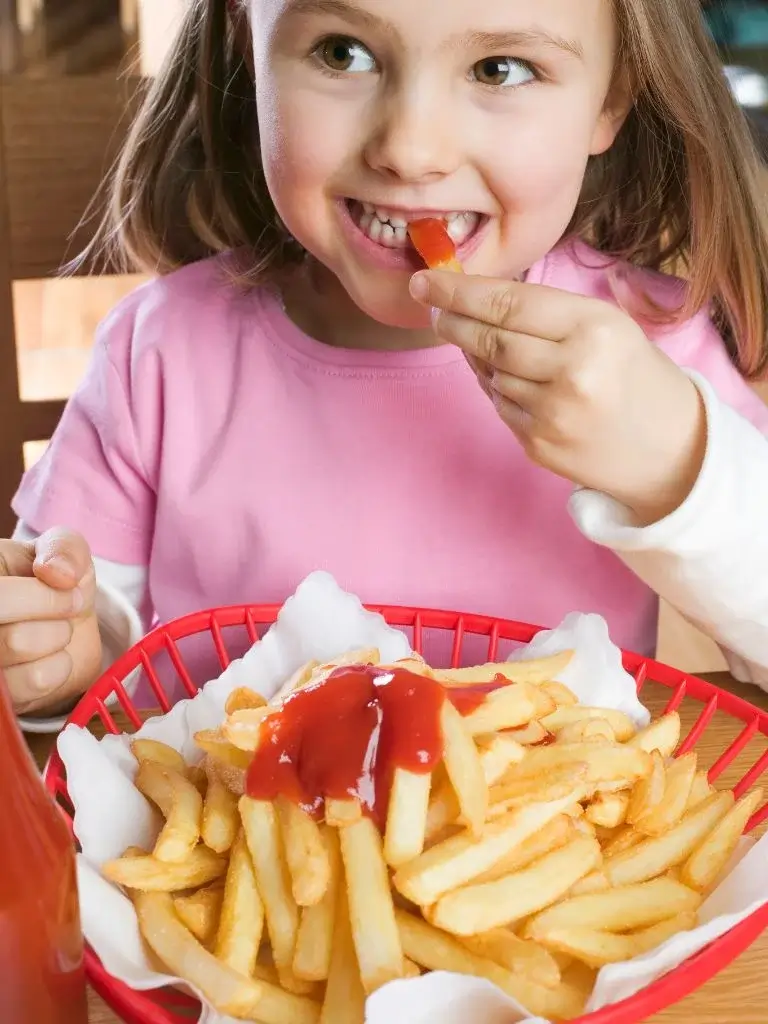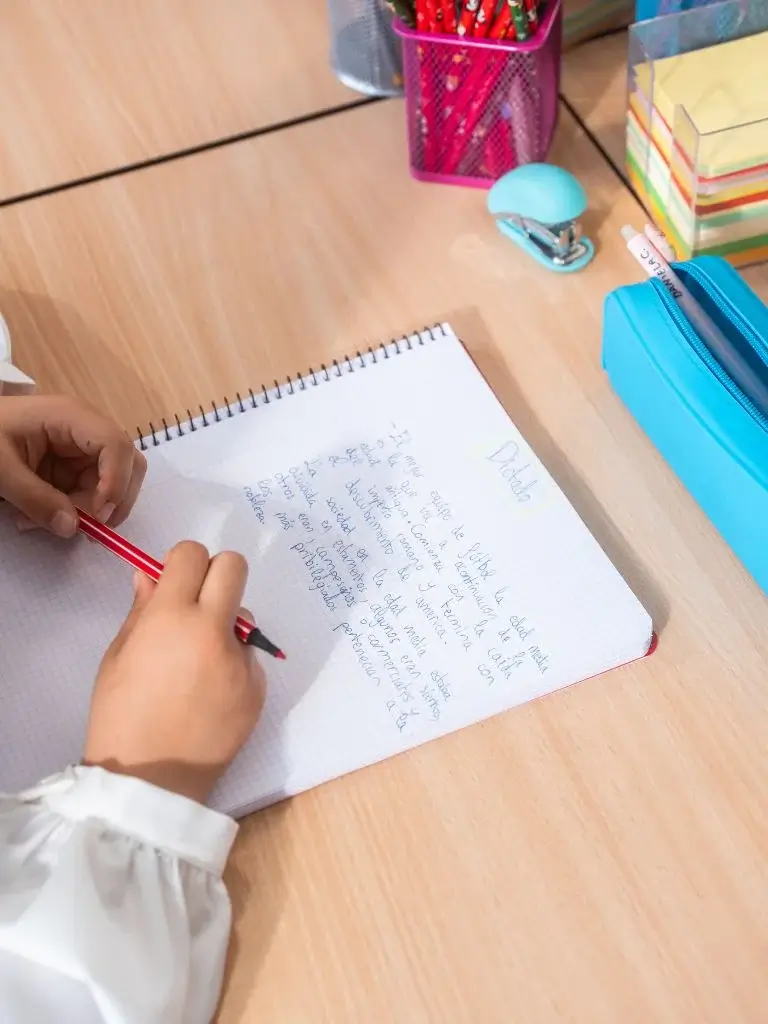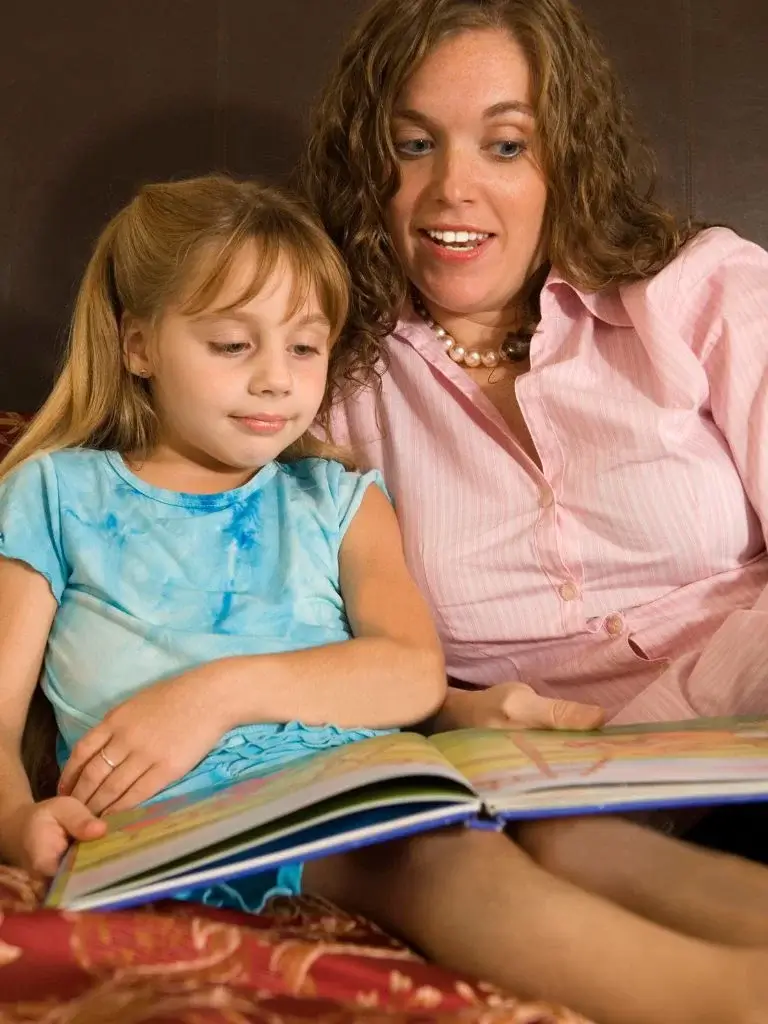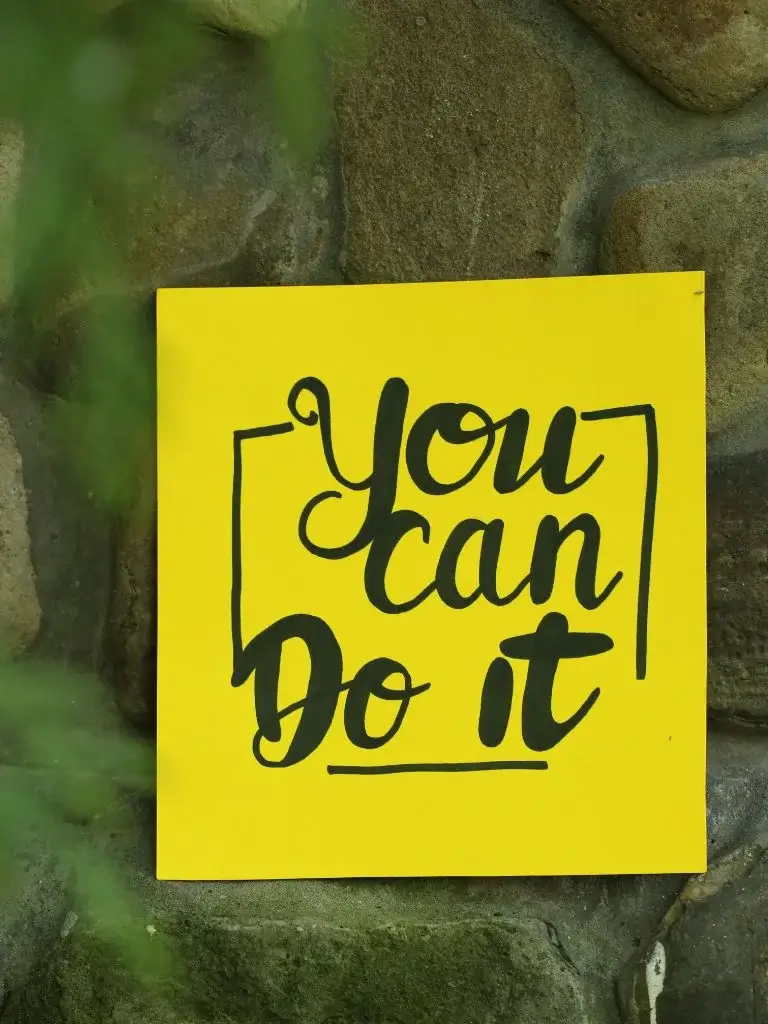I used to think mindfulness meant sitting cross-legged in total silence for 30 minutes. (Which… LOL. Have you met my 5-year-old?)
But I’ve since learned that mindfulness for kids doesn’t have to look like meditation retreats or perfectly still moments.
It can be messy. Playful. Colorful. And yes, even a little noisy.
If you’re a busy mom looking for practical, heart-centered ways to help your kids find their calm, connect with themselves, and grow up emotionally resilient, you’re in the right place. These 10 mindfulness activities for kids are mom-tested, Pinterest-approved, and truly doable—even on your most chaotic Tuesday.
1. The Glitter Jar Calm-Down Trick
Best for: Tantrums, after-school meltdowns, or just winding down before bed.
This one is a total lifesaver during meltdowns. I used to keep a glitter jar in my purse for long car rides, and now each of my kids has their own on their nightstand.
All you need is a clear jar, some warm water, glitter glue (or clear glue + glitter), and a little patience to shake it up and let it settle.
Watching the swirling glitter slowly fall is oddly mesmerizing, and it’s a perfect visual for what’s happening inside our kids’ heads when they’re overwhelmed.
My son calls it “watching the storm in his brain go quiet.” And let me tell you, when your six-year-old says that, you know something’s working.
2. 5-4-3-2-1 Grounding Game
Best for: Anxiety, restlessness, sensory overload
This one’s magic in a Target parking lot meltdown. Ask your child to name:
- 5 things they can see
- 4 things they can touch
- 3 things they can hear
- 2 things they can smell
- 1 thing they can taste
I once did this with my daughter while waiting for our pediatrician (with zero cell service). She ended it by saying, “I can taste my own breath, and it’s yucky.” We laughed. Tension gone.
3. Mindful Breathing with a Stuffed Animal
Best for: Bedtime routine or calming down after sibling drama
This one is a bedtime favorite in our house. Have your child lie down with their favorite stuffed animal resting on their belly.
As they breathe in and out slowly, they watch the stuffed animal go up and down. It turns breathing into a visual game, which is perfect for little kids who need that tangible connection to what’s going on inside.
My daughter’s bunny has been “surfing her breath” every night for months. And honestly? She falls asleep faster and sleeps deeper when we do this together.
Bonus: I get a few peaceful moments lying next to her, which is a mindfulness win for me, too.
4. Nature Walks (But With a Twist)
Best for: Weekends, screen-free days, overstimulated kiddos
Next time you take a walk, turn it into a “Noticing Walk.” Ask your child:
Can you find 3 different bird sounds?
What’s the tiniest leaf you can find?
How does the air smell today?
One Saturday, my son stopped in the middle of a path, crouched down, and whispered, “That ant is carrying a crumb three times its size.” We sat on the sidewalk watching it for five full minutes.
No screens. No agenda. Just being. That’s the magic of mindful walking with kids—it slows you down in the best possible way.
5. Drawing Their Feelings
Best for: Post-tantrum reflection, quiet time, or rainy days
Grab some crayons or markers and ask your child, “Can you draw what mad feels like?” or “What color is your happy today?” It’s incredible what kids will share when they’re given a non-verbal outlet.
My daughter once drew a scribbly volcano and said, “This is my yelling. It feels like lava when you tell me no.” That moment helped me understand her in a way words never could.
Sometimes, just sitting beside them while they color their feelings is enough. No questions. Just connection.
6. The “Smell the Flower, Blow the Candle” Trick
Best for: Little kids who need a visual to practice deep breathing
ell them to pretend to smell a flower (inhale slowly) and then blow out a candle (exhale). It’s simple, visual, and surprisingly effective. My toddler once did it before a shot at the doctor’s office and then proudly told the nurse, “I blew out my scared.” I melted.
This technique is also great for transitions—like leaving a birthday party or getting ready for school—when your little one needs a moment to reset their body and brain.
7. Mindful Snack Time
Best for: Lunchtime, after-school wind-down, picky eaters
Turn snack time into a sensory adventure. Ask your child:
- What does it feel like in your hand?
- What’s the texture like when you chew slowly?
- Can you hear any sounds as you bite it?
My son once said a carrot sounded “like snow crunching under a dinosaur’s foot.” Where do they come up with this stuff?
8. Gratitude Journaling for Littles
Best for: Building positivity, evening routines
You don’t need a fancy gratitude journal—just a notebook or even scrap paper.
Ask your kids to name one thing they’re grateful for that day. They can draw it, write it, or just talk about it.
My youngest once said, “I’m grateful for my socks because they’re pink like flamingos.” These tiny moments help kids focus on what’s going right, even after a tough day.
Sometimes, I jot mine down too, just to model it—and it’s made me more mindful, too.
9. Mindfulness Storytime
Best for: Snuggly wind-downs, mornings that start too fast
Choose books that focus on emotions, breathing, or peaceful moments. Some of our favorites:
- “Breathe Like a Bear” by Kira Willey
- “I Am Peace” by Susan Verde
- “Listening with My Heart” by Gabi Garcia
Pause mid-story to ask how the character feels, or what your child might have done in that situation. Reading these kinds of books slowly, snuggled up together, creates a safe, calm space for processing feelings without pressure. And let’s be honest, those 10 minutes of quiet cuddling? Gold.
10. DIY Affirmation Cards
Best for: Boosting confidence, before school or bedtime
Write simple, powerful affirmations on colorful index cards like:
- “I am brave.”
- “I can try again.”
- “It’s okay to feel big feelings.”
Have your child pull one each morning or make their own. Tape them to the bathroom mirror. My daughter’s favorite? “I sparkle from the inside.” (Not sure where she got that, but I love it.)
Final Thoughts:
You’re teaching your little ones how to listen to their bodies, express their emotions, and slow down in a world that keeps getting faster. That matters—so much more than perfectly folded laundry or a picture perfect playroom.
Even five minutes a day can plant seeds for emotional strength and lifelong self-awareness.
And hey—if you did a little glitter jar moment for yourself today, I’d totally get it.
